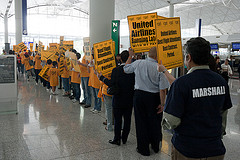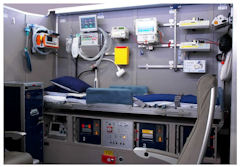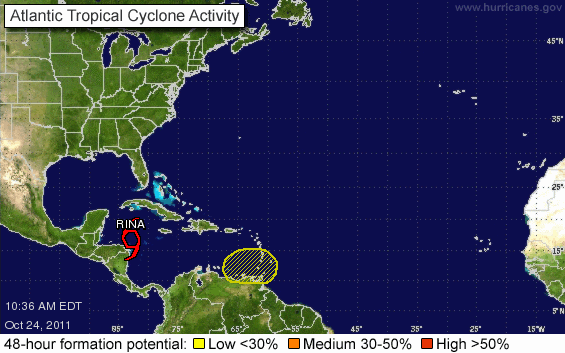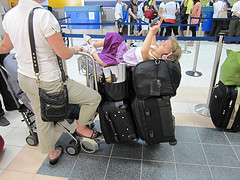 A recent surge of airline strikes and labor strikes has many travelers confused and worried about their travel plans. Thousands of travelers face being stranded or abandoned by their carriers due to work stoppages of all kinds.
A recent surge of airline strikes and labor strikes has many travelers confused and worried about their travel plans. Thousands of travelers face being stranded or abandoned by their carriers due to work stoppages of all kinds.
So, how does travel insurance help?
Some travel insurance plans provide 100% reimbursement of your pre-paid non refundable travel costs if you are prevented from taking your trip due to an unannounced strike.
Specifically, strike coverage is listed as a covered reason under trip cancellation coverage and trip interruption coverage.
The key is that the strike must be unannounced at the time of the travel insurance purchase; otherwise the strike falls into the category of ‘known’ events and is then not covered.
If you suspect a strike may affect your travel plans and you want the option to cancel for a refund if that occurs, be sure to purchase a travel insurance plan that includes labor strikes as a covered reason. Carefully review the travel insurance documents that are sent to you and call the assistance services line (within the free look period) if you’re not sure you have the right coverage.







